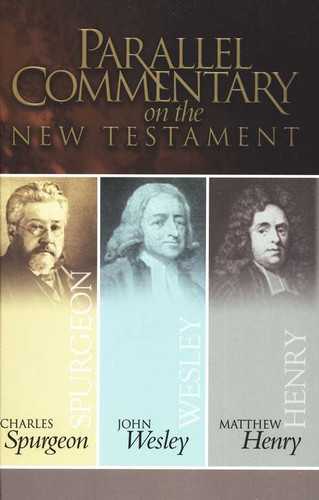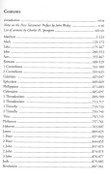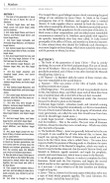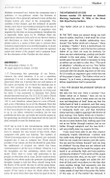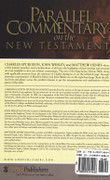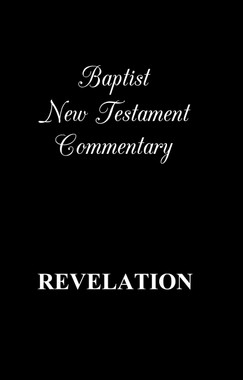Description
This Parallel New Testament Commentary includes the text of the King James Version and applicable portions from the sermons from Charles Spurgeon on each left-hand page, and excerpts from the writings of John Wesley and Matthew Henry on each right-hand page. Read the biblical text and glance across the page to get the interpretations and meditations of these giants of the faith.
Charles Haddon Spurgeon (1834-1892) preached his first sermon at the age of sixteen and became pastor of his first church at age eighteen. By age twenty-two he was the most popular preacher of his day, speaking to crowds of ten thousand people. In 1861, his congregation of the New Park Street Baptist Church built the Metropolitan Tabernacle, which seated six thousand people. Spurgeon ministered there until shortly before his death. Spurgeon published more than two thousand sermons in his lifetime. He also built Sunday schools and churches, founded the Pastor's College, established Stockwell orphanage, which housed five hundred children, and was president of a society devoted to giving out Bibles and gospel tracts.
John Wesley (1703-1791), founder of Methodism, searched for years to find peace with God. Despite his position as a priest in the Anglican church, his involvement in the 'Holy Club' his brother, Charles, had founded, and his ardent attempts to live a pure life, it was not until 1738 that John Wesley found the peace he sought. On May 24, 1738 at a Moravian meeting in London, John Wesley came to understand that peace can only be found through faith in Christ. For the next fifty-three years, John Wesley preached the gospel from his own experience and relationship with Christ. Along with George Whitefield and Charles Wesley, he began a revival campaign that swept over the borders of England into other parts of Europe and finally into the United States.
Matthew Henry (1662-1714), clergyman and Bible commentator, began reading the Bible at the age of three. He learned Greek, Latin, Hebrew, and French, and later studied law. In 1687, though, he was ordained as a Presbyterian minister and served in that capacity in different locations until his death. He was a loving pastor, a student of God's word, and a gifted writer. Matthew Henry is best known for his commentary on the whole Bible. His notes, marked by a strong emphasis on practical living and devotion, remain as insightful and relevant as they were almost three hundred years ago.

